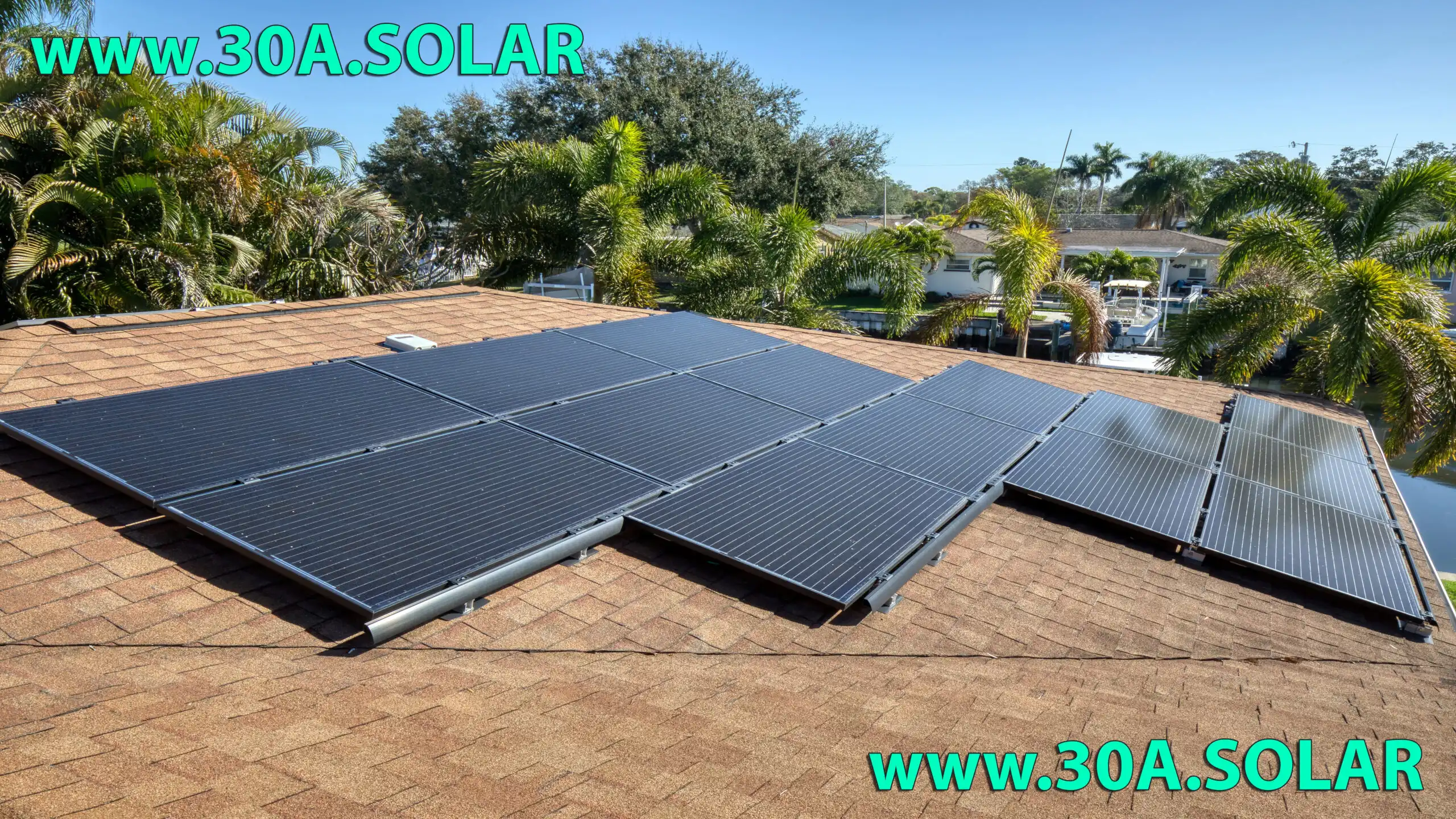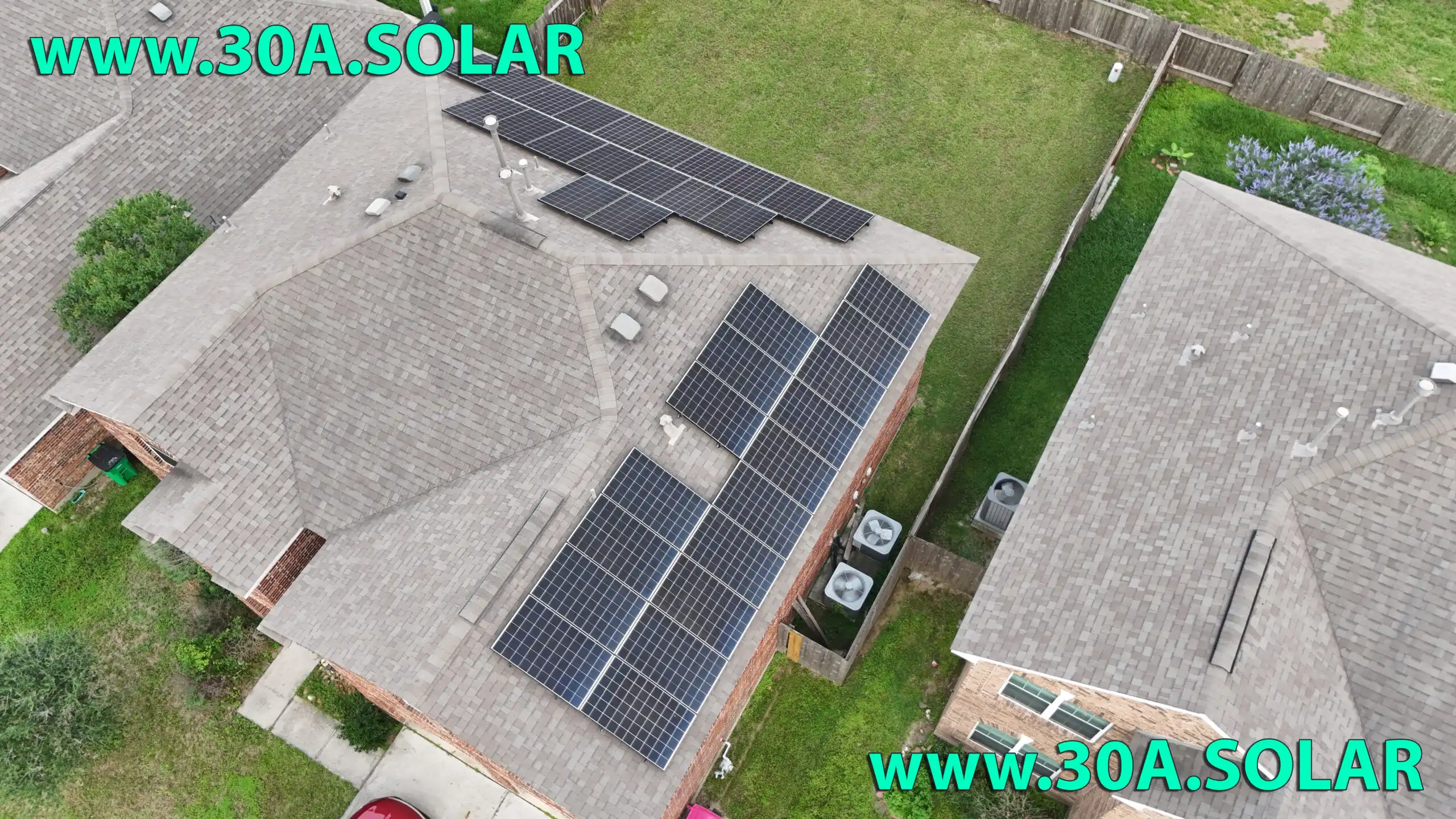Residential & Commercial
Is Solar Panels Cost Worth it?
 Introduction
Introduction
Solar panels have become increasingly popular as a sustainable and cost-effective energy solution for homeowners. However, many people still wonder, “Is solar panels cost worth it?” This comprehensive guide will delve into the various factors that affect the cost of solar panels, including initial investment, long-term savings, and the environmental impact. We will explore frequently asked questions, regional variations such as the cost of solar panels in California, cost of solar panels Florida, and cost of solar panels in Florida, while also discussing cleaning solar panels cost. Additionally, we will provide detailed insights into the financial aspects of adopting solar energy.
Understanding the Cost of Solar Panels
Initial Investment
The initial investment in solar panels can be substantial. On average, the cost of solar panels for homes ranges from $15,000 to $25,000, depending on the size and efficiency of the system. This includes the cost for home solar panels, inverters, mounting equipment, and installation labor.

Regional Variations
The cost of solar panels can vary significantly based on location. For instance, the cost of solar panels in California is generally higher due to the state’s strict building codes and higher labor costs. However, California also offers substantial incentives and rebates that can offset these higher costs.
Factors Influencing Solar Panels Cost
- System Size: Larger systems with more solar panels cost more but can generate more electricity, leading to greater long-term savings.
- Panel Efficiency: High-efficiency panels, though more expensive, convert more sunlight into electricity, providing better performance.
- Installation Complexity: Roof type, angle, and shading can affect installation costs. Complex installations may require additional labor and materials.
Long-Term Financial Benefits
Energy Savings
The primary financial benefit of solar panels is the reduction in electricity bills. The average cost of solar can be offset within 6-10 years through savings on energy bills. In sunny regions, the savings can be even more substantial.
Incentives and Rebates
Federal and state incentives play a crucial role in making solar panels cost-effective. The Federal Solar Investment Tax Credit (ITC) allows homeowners to deduct 26% of the installation costs from their federal taxes. Many states offer additional rebates and incentives, further reducing the overall cost.
Increase in Property Value
Homes with solar panels often see an increase in property value. Studies have shown that solar-equipped homes sell faster and at a premium compared to non-solar homes.
Environmental Impact
Solar panels provide significant environmental benefits by reducing reliance on fossil fuels and lowering greenhouse gas emissions. This contributes to a cleaner and more sustainable environment, making the investment in solar panels worth it beyond just financial savings.
Frequently Asked Questions
How much does it cost to clean solar panels?
The cost to clean solar panels typically ranges from $150 to $350, depending on the size of the system and the accessibility of the roof. Regular cleaning is recommended to ensure maximum efficiency, as dirt and debris can reduce the effectiveness of the panels over time. While cleaning may add to the overall maintenance cost, it’s a relatively small investment compared to the long-term savings solar panels provide.
Why do solar panels cost so much?
Solar panels are expensive due to several factors, including the high cost of materials and technology involved in their production. The panels themselves use high-grade silicon, which is costly to manufacture. Additionally, the cost includes inverters, mounting equipment, and labor for installation. Regional variations, such as stricter building codes or higher labor costs in areas like California, can also drive up prices. However, it’s important to note that incentives, rebates, and long-term energy savings often offset the initial investment, making solar panels a cost-effective solution over time.
How much do solar panels cost?
The cost can vary, but the average ranges from $15,000 to $25,000 for residential installations.
Are solar panels worth the investment?
Yes, considering the long-term savings on energy bills, incentives, and environmental benefits, solar panels are a worthwhile investment.
How long do solar panels last?
Solar panels typically have a lifespan of 25-30 years, during which they require minimal maintenance.
What is the cost of solar panel installation?
Installation costs can vary based on location and system size but generally range from $3,000 to $7,000.
How many solar panels do I need?
The number of panels required depends on your energy consumption and the efficiency of the panels. A typical home may need 20-30 panels.
Conclusion
Investing in solar panels is a significant financial decision that can lead to substantial long-term savings and environmental benefits. While the initial cost of solar panels may seem high, various incentives and rebates can make them more affordable. Ultimately, the cost of solar panels is worth it for those looking to reduce their energy bills and carbon footprint.